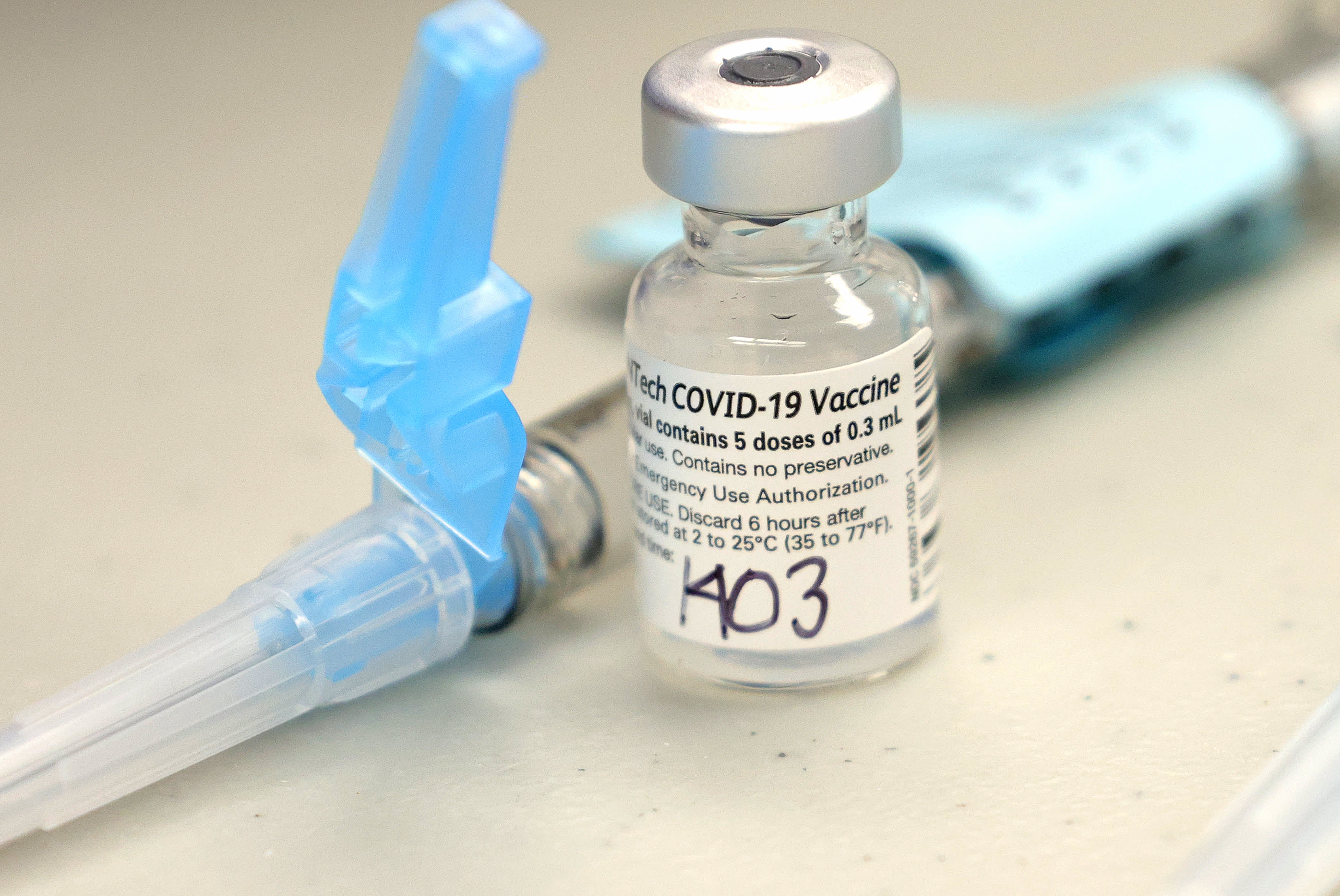Former Obama HHS official criticizes Trump administration’s global Covid approach

Former Health and Human Services official Dr. Mario Ramirez told CNBC that he was “concerned” about equitable access to Covid-19 resources around the globe, and criticized the Trump administration for not participating in the multilateral COVAX facility.
“One of the things that was unfortunate about the Trump administration’s approach to the pandemic, was that they chose not to participate in the COVAX facility,” said Ramirez, a former HHS pandemic and emerging threats coordinator in the Office of Global Affairs. “The COVAX facility was a way for emerging countries to jointly invest in vaccines and have access to all of these resources.”
According to a report from NBC News, while vaccines are currently rolling out in rich countries, such as the United States and Great Britain, poorer countries around the globe could potentially have to wait for years to see any doses.
In a wide-ranging interview on Wednesday evening during “The News with Shepard Smith,” Ramirez also discussed his experience with Pfizer‘s Covid-19 vaccine. He is one of tens of thousands of Americans who have now received it and said he’s “feeling great” after experiencing “a little soreness in the arm.”
All 50 states have now started administering Pfizer’s vaccinations. An FDA advisory committee will meet on Thursday to discuss whether or not the agency should green-light Moderna‘s vaccine, just two days after announcing that the shot is highly effective. If the panel grants authorization for the Moderna vaccine, then nearly 6 million doses will make their way across the country next week. The federal government has already cut deals with Pfizer and Moderna to deliver a combined 200 million vaccine doses by the first quarter of the new year.
Ramirez explained to host Shepard Smith that there are several systems in place to ensure that people get their critical second dose of the Covid vaccine. He received a physical paper dosing card, and said it’s one part of the process to help remind people to get their second dose. The emergency physician added that he also gets regular feedback from the Centers for Disease Control and Prevention through its V-safe app. Ramirez said that another critical aspect to help people remember to get the second dose was signing up for it while receiving the first.
“We know from prior trials with the HPV vaccine, for instance, that making people schedule that second visit goes a long way to compliance,” Ramirez said.




